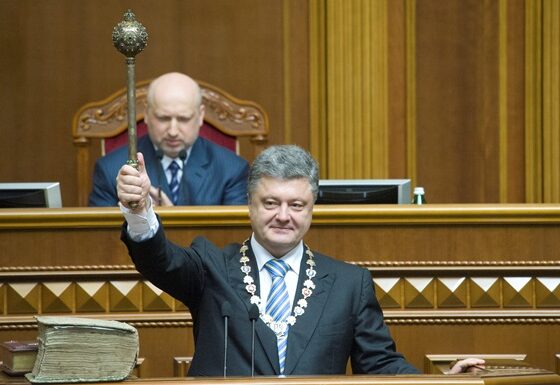(YaleGlobal) Ambiguity contributes to global uncertainty and risks, but can be a force for good when practiced consensually.
MOSCOW: Ambiguous behavior, doctrines and statements have gained popularity as foreign policy instruments among great and smaller powers alike over the last decade. Ambiguity – intentional lack of clarity about one’s goals and plans – has contributed to the rise of unpredictability and associated risks in global affairs. And yet, ambiguity can be “constructive,” bringing clear benefits in the field of negotiation and conflict resolution. Foreign relations of Russia, a major power aspiring to increase its regional and global imprint, and some of its international counterparts since the end of the Cold War offer insights into the costs and benefits of ambiguity.
Ambiguous action entails significant risks, but is attractive, too, by quickly helping actors to expand freedom of maneuver in the world stage – witness Iran or North Korea being offered concessions by the international community in exchange for reduced ambiguity about the goals and scope of their nuclear programs. Ambiguity can be a force for common good if practiced consensually, that is, if all sides in a negotiation agree to a moderately ambiguous deal in order to end the talks on a positive note and avoid escalation of their conflict. A takeaway for practitioners could be to practice ambiguity together with counterparts and avoid doing so alone. Examples include the agreement on German reunification, the New START Treaty and the Minsk agreement on eastern Ukraine. […]
Read More © YaleGlobal











